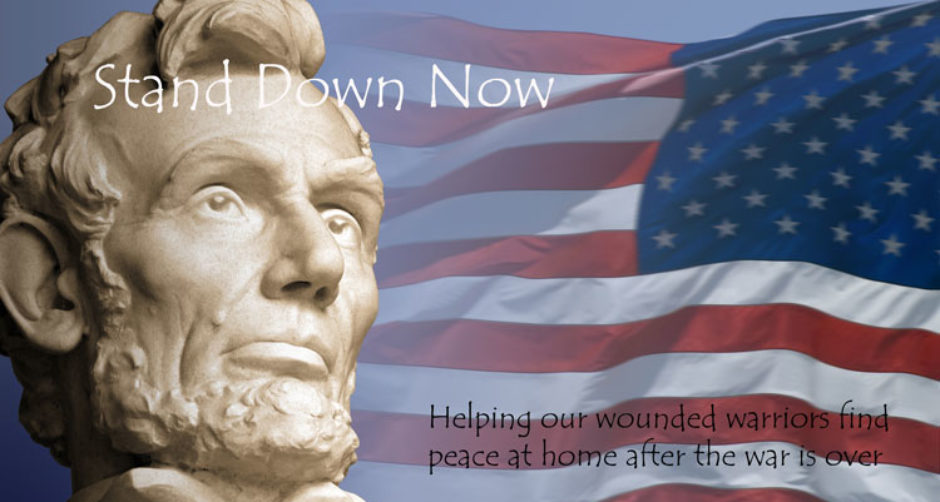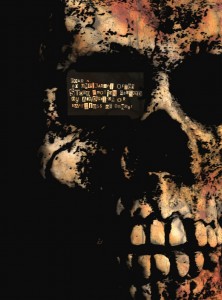Returning back to your civilian life and schedule can be a difficult task for the solider and their family and friends, especially when post traumatic stress is a factor. The adjustment should be a happy one for you as a returning soldier, but usually the return is exactly the opposite. All the emotions you needed to hold tight, keep hidden, and not express, are waiting for this time, and these emotions will rear their ugly heads upon your return back home.
Post Traumatic Stress is All about Emotion
PTSD, or Post Traumatic Stress Disorder is the disease that has a long history through time. The earliest recorded sufferers of PTSD were in the wars in the frontier areas of America. When fighting the Native American Populations for the immoral natural selection of North American Land, the soldiers returned home with nervousness, and often mental challenges. The yellow fever was often blamed for this result, but no one correctly linked the violence or killing that really caused this emotional trauma. These solders were the first to experience the emotional challenges of post traumatic stress.
History of Post Traumatic Stress
Knowing more about the history of post traumatic stress is a good way to understand how many people have actually suffered from this terrible disease. Through the years, the increase in mental challenges for soldiers, increased the emotional exhaustion that these warriors felt. The increase in military exercises from the frontier days, to the Civil War, were good evidence that post traumatic stress existed upon the soldier’s return. During the 1920’s, both the veteran’s of America’s most bloody war, The Civil War, and World War I, were found to have the mental exhaustion, that resulted from war. The Woodrow Wilson Administration linked the mental exhaustion to war, and labeled the disease as “Shell Shock”.
This term tried to explain the complete lack of society influence, mental clarity, and general malaise that these war veteran’s felt. Many led themselves to live outside of their family, finding themselves unable to cope and to work. They lived in public places, and the emotional refuse of these wars ended up living the national parks in Washington D.C., and in Central Park in New York City.
Later, in the 1970’s the Vietnam War yielded its own victims to these same areas, and all of us remember seeing a Vietnam Veteran in a wheelchair in a park at some point. Today, they are now our proud soldiers who built Iraq, and fought in Afghanistan. Notice that even though we have given the disease a respectable name, it is still closer to the original description of “Shell Shock”.
Emotion during war has not been addressed, as it is a time of stress, and during war, life is on a thin line. Every soldier knows what it is like to find themselves in a safe place, but reaching still for their gun, when someone drops a book or a heavy object. No emotion can be exhibited during war, as it means the soldier is putting themselves and others at risk. For this reason, a soldier can go years with guard on full throttle, waiting for the next bomb to drop. Emotional digression is not acceptable, and can only result in pure moments of bliss. Unfortunately, this is the exact time you and your family have been waiting for; your return back home.
Drama will not help Post Traumatic Stress Disorder
As you moved through your maneuvers as a soldier, the thing that was leading you forward was the fact you would be returning home soon. Then when you meet this goal, the realities of how to come back to civilian life are very tricky. There is a lot of regime and schedule in military life, and some soldiers upon their return find themselves following the time schedule as best they can to continue this new level of normalcy.
The soldier’s family can find this incredibily stressful and they can’t believe their loved one is so ingrained into military life. They mistakenly believe that their soldier can “Turn off” the military conditioning, with a smart and quick decision. This can be dangerous, as a gradual transition is more advantageous. For this reason, it is wise to take part in any effort the military tries in a transition for the family and the soldier.
Continue with a gradual return to civilian life, cut the drama from each day as much as possible, and create a static and regime that will work for both you and your soldier. Post Traumatic Stress is often very eruptive and can result in emotional battles between the family and the soldier. If you need time to understand how this process works, be sure to visit a local support group before your soldier returns home. The drama of civilian life can sometimes be too much for the emotionally charged soldier, so a brief time transition can give the soldier the resources they need to move forward.
Post Traumatic Stress is something almost every soldier experiences, so patience and support is the best medicine.

